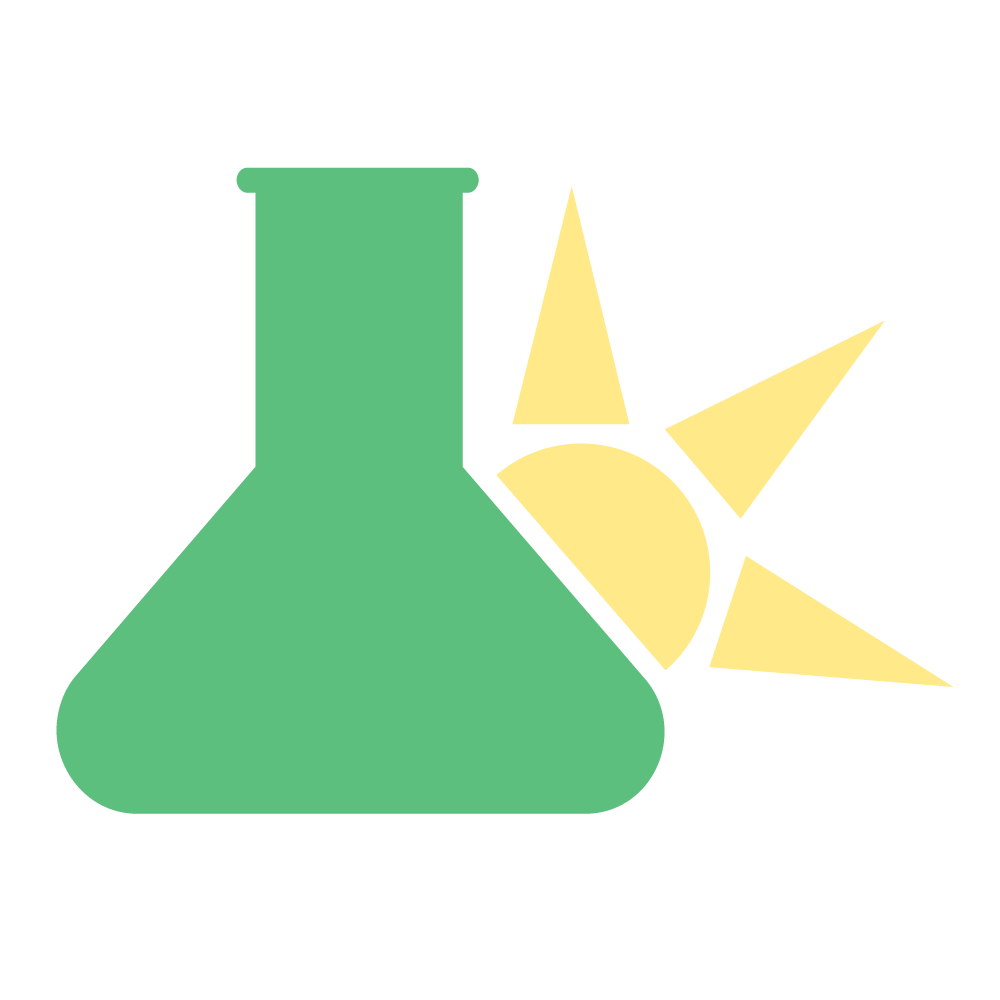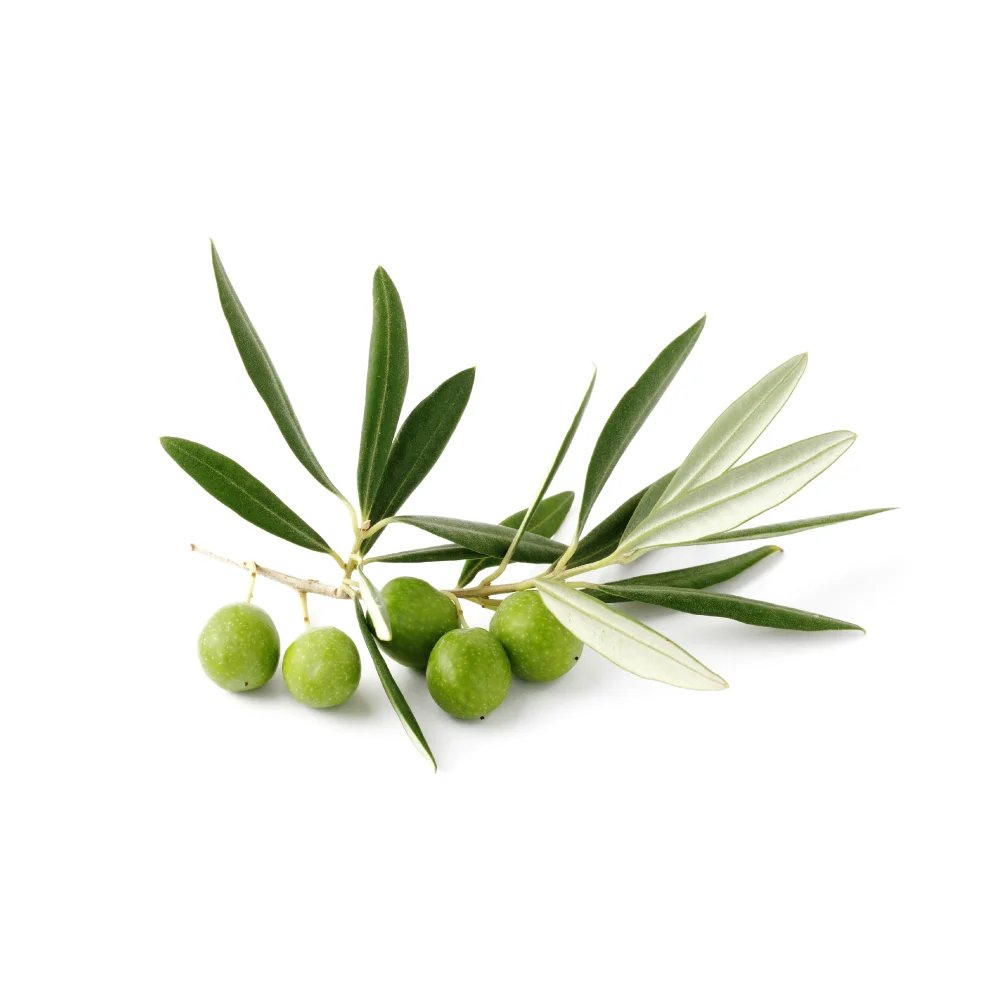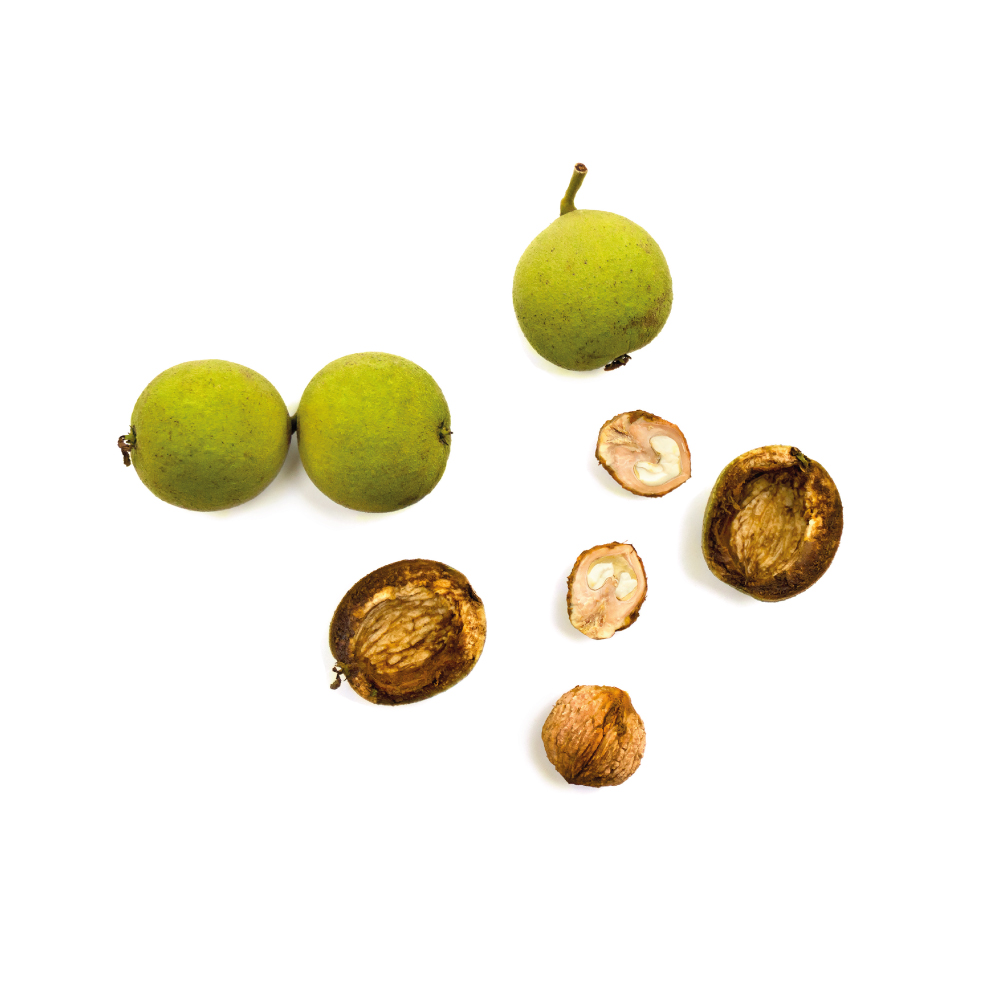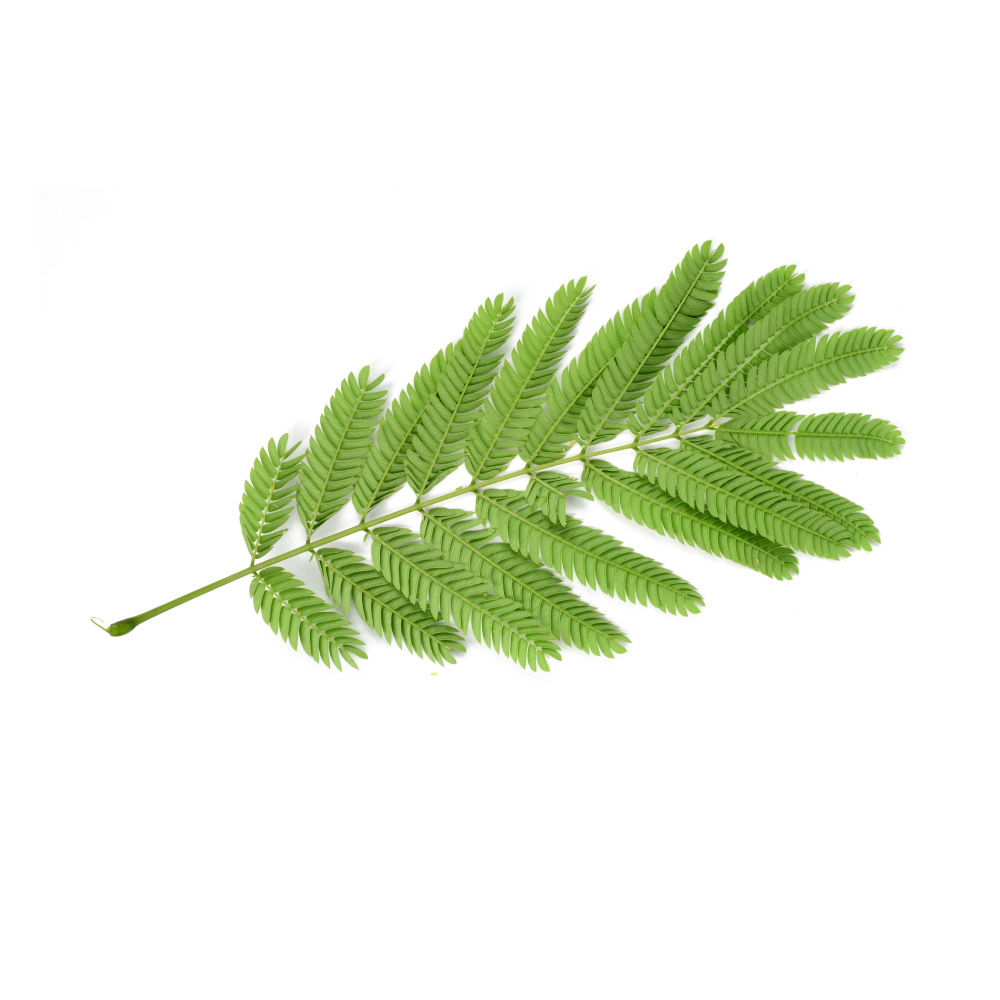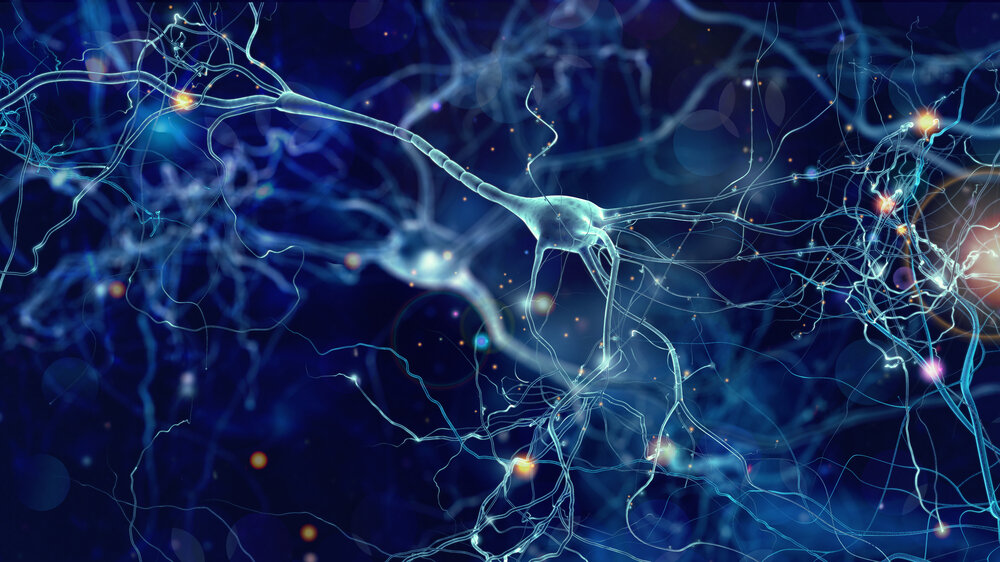In some of my recent articles, I talked about the role of cholesterol in heart disease.
We know that high cholesterol levels are a marker for heart disease, and we know heart disease is the leading cause of death in the developed world.
It makes logical sense then that we should consider the ways we can lower our cholesterol levels.
Here we discuss the best herbal options available, and some food and lifestyle changes you can make today to start improving your cholesterol scores immediately.
Natural or Pharmaceutical?
Just because something is "natural" doesn't make it better.
Plenty of things that are unnatural are better than their natural alternatives.
In terms of cholesterol, by far the most popular option is statin medications.
Basically, they work by inhibiting an enzyme involved in cholesterol synthesis (HMG-CoA reductase). If this enzyme is inhibited, cholesterol production slows, thus reducing overall cholesterol levels.
These medications do reduce cholesterol levels, but come with a myriad of side effects, some mild, and some severe.
The difference between using what we would call a "natural" method of cholesterol reduction and a "pharmaceutical" one, in the case of statins, is that natural methods tend to reduce cholesterol through excretion in the digestive tract and toning of the liver and blood vessels.
They tend to work in a broader sense and affect more than a single process. Pharmaceuticals on the other hand, statins included, tend to work on a very specific process in the body to cause its effects.
As far as natural cholesterol reduction methods go, the main ideas are to coax the body into reducing cholesterol levels on its own. This means it's much slower, but doesn't tend to have nearly as severe or frequent side effects. The effects also tend to last much longer, even after the treatment is stopped.
Whether you should use natural or pharmaceutical methods to reduce your cholesterol levels depends entirely on the severity of the condition. If you have a blood cholesterol level that is very high (6 mmol/L of LDL or more), statin medications are a great option.
When cholesterol is this high, there is clearly an issue, and you are now at a substantial risk of developing cardiovascular disease. Even in herbal medicine, with cholesterol this high the first line of treatment will be a cholesterol synthesis inhibitor.
For very high cholesterol, the best option is to combine the statins with natural methods like an improved diet and herbal supplements. From here you can slowly aim to wean yourself off the statins medications as cholesterol levels are reduced.
What Does Natural Cholesterol Reduction Even Mean?
When we say we're aiming to lower cholesterol levels naturally, what we're really talking about is the use of herbs, nutrition, and lifestyle choices to reduce serum cholesterol levels.
There are a few methods of reducing cholesterol with diet, and herbal medicines:
Eliminating trans-fat from the diet
Increasing fiber content in the diet
Drinking plenty of water
Consuming more bitter foods and beverages
Taking specific daily herbal supplements
Reducing sugar intake
Eat plenty of antioxidants
Dietary Considerations For Cholesterol
Dietary measures should be the first line of treatment for high cholesterol levels. In the past it was thought that cholesterol was mainly obtained from the diet, which lead to the demonizing of foods like eggs that are naturally high in cholesterol.
We now know that this is false, and only a very small portion of the cholesterol we consume is absorbed through the gut. The majority of it is processed in the liver and where it is then sent to the rest of the body.
What is important in dietary methods of cholesterol reduction is fiber intake. Fiber is a type of sugar chain, that can't be broken down in the digestive tract. Cellulose from plants is the main fiber we as humans eat on a daily basis.
This can be found in all vegetables, especially those where the stem is eaten like celery.
Fiber has a potent ability of binding to the bile salts, which are high in cholesterol, and flushing them through the system. In order to conserve cholesterol, the body has a system in place to recapture the bile from the gut after it has been used towards digestion. It is recaptured, processed, and used again to make bile.
By eating a diet high in fiber, we can effectively reduce the amount of bile recaptured from the gut.
Since less cholesterol is reabsorbed for new bile, we now have to take this cholesterol from other parts of the liver, thus reducing cholesterol levels.
A common belief with heart disease is that fat is a leading contributor to its progression.
This idea has proven to be outdated and incorrect, yet is still the standard recommendation in modern hospitals.
To be fair it takes decades for protocols to adapt to new research across the board.
Recommendations usually involve advising you to take the low fat options, lean meat, low fat cheeses and yogurts, and definitely no butter.
This idea is coming from research done in the 60’s which has recently been confirmed as a scam.
Harvard researchers were paid off by sugar industry executives to change the data to show fat as the bad guy instead of sugar (carbohydrates). They linked it to heart disease among others which has lead to some seriously wrong medical and nutritional opinions in the medical and public communities. [11].
Foods That Lower Cholesterol
1. Avocado
Avocado is a rich source of monounsaturated fatty acids, protein, and is low in sugar. This is a perfect combination for promoting a steady source of energy, low free radical damage, and increased fluidity of the cell membranes.
2. Oats and barley
These grains contain high levels of omega fatty acids as well as other polyunsaturated fatty acids. Be sure to get the whole grain versions as they have the best source of fiber. This fiber (known as beta-glucan) binds to the cholesterol released into the digestive tract as bile, and flushes them out of the system for good.
3. Nuts
Nuts are a rich source of amino acids, polyunsaturated fatty acids, and fiber. Again, all great compounds for reducing cholesterol levels naturally.
4. Salmon
Salmon is one of the richest sources of omega-3 around. This fatty acid has a strong connection with reducing heart disease.
5. Chocolate
I’m not talking about those sugary chocolate bars you find in the waiting line at the supermarket. I’m talking about real chocolate.
Dark chocolate, with the fat included, is one of the best antioxidants on the face of the earth. As mentioned earlier, antioxidants are far more effective as a means of treating the problem of high cholesterol at its source than dealing with the aftermath. It comes to no surprise then that chocolate has been shown to reduce LDL levels and improve HDL levels through antioxidant, and immunomodulatory actions [12].
6. Vitamin B3 for Cholesterol
Vitamin B3 (niacin), has been found to be effective in reducing LDL levels in the body, while increasing HDL. Many doctors will prescribe this vitamin alongside the use of statins for this reason.
Herbs That Lower Cholesterol
There are a number of plants that have the ability to inhibit cholesterol synthesis, increases its excretion, reduce the oxidative damage that initially causes the cholesterol plaques to form, and reduces the oxidation of the plaques themselves which go on to cause heart attacks, and strokes.
1. Puerh Tea
Puerh tea actually comes from the same plant that gives us green and black tea. The difference is in how the leaves are processed.
For puerh, the leaves are compressed into bricks, and allowed to ferment over many years in a stable, humid environment. Traditionally this meant leaving the bricks in caves in China for 25 or more years. More modernly however it involves fermenting them over the course of 3-6 months in a specially controlled environment... basically a lab.
During the fermentation process, organisms like bacteria and fungi slowly convert the chemistry of the leaves into other molecules. This drastically changes the flavour, which is actually quite agreeable. It is somewhere between coffee and green tea.
The fermentation process changes the chemistry of the puerh in a way that directly reduces cholesterol. There are a group of natural statin medications that are produced in the tea leaves of fermented puerh. These molecules work in the same way as pharmaceutical grade statins, only on a much gentler, scale.
As a result we have less side effects, and more protective antioxidant and choleretic properties that come with a bitter tea. These additional actions enhance the cholesterol reduction process by reducing the need for it in the body.
In my other article on cholesterol, I discuss how antioxidants can protect us from cholesterol induced damage, and why bitter herbs are useful as well. Puerh is special because it has all of these qualities in rich supply.
It makes a great daily beverage for anybody at risk of high cholesterol or heart disease in general.
2. Artichoke
Artichoke is delicious vegetable, as well as a potent anti-cholesterol herb. The part eaten is the unopened flower. The tops are picked just before they open, and are eaten as a delicacy or desert. They were incredibly popular by ancient Mediterranean cultures where they grew native. The Romans and Ancient Egyptians were huge fans, serving them at nearly every feast or celebration.
Though the tops are also beneficial for cholesterol levels, it is the leaves that are most valued as medicine. Traditionally this was mainly for liver complaints like jaundice (yellowing of the skin as a result of a weak liver), hepatitis (swollen liver), and indigestion (the liver is a key organ of digestion).
Inside the artichoke plant, exists a highly bitter substance known as cynarin, and another known as luteolin.
These is thought to be the active constituent of the artichoke plant in terms of liver and cholesterol levels. It's been shown in numerous clinical trials since the early 1970's to have an anti-cholesterol action. The effects are mainly due to an inhibition of cholesterol synthesis itself, but also through an increase in the secretion of bile, which is made from cholesterol in the liver. This bile is concentrated cholesterol, which is then injected into the gut to aid digestion of fats and proteins. Thus eliminating excess cholesterol from the liver.
To take artichoke, purchase capsulated leaves, or an extract of the leaves like a tincture or liquid extract.
Other Anti-Cholesterol Herbs
Recent Blog Posts:
References:
Chrysant, S. G. (2015). Coffee Consumption and Cardiovascular Health. The American Journal of Cardiology, 116(5), 818-821. doi:10.1016/j.amjcard.2015.05.057
Geleijnse, J. M., Witteman, J. C. M., Bak, A. A. A., Den Breijen, J. H., & Grobbee, D. E. (1994). Reduction in blood pressure with a low sodium, high potassium, high magnesium salt in older subjects with mild to moderate hypertension. Bmj, 309(6952), 436-440.
Wardle, J., & Sarris, J. (2010). Clinical naturopathy: An evidence-based guide to practice. Chatswood, N.S.W: Elsevier Australia.
The Australian Institute of Health and Welfare. (2016). Leading causes of death (AIHW). Retrieved November 29, 2016, from http://www.aihw.gov.au/deaths/leading-causes-of-death/
Centers for disease control and prevention. (2016). FastStats - Leading Causes of Death. Retrieved November 29, 2016, from http://www.cdc.gov/nchs/fastats/leading-causes-of-death.htm
Statistics Canada. (2015). The 10 leading causes of death, 2011. Retrieved November 29, 2016, from http://www.statcan.gc.ca/pub/82-625-x/2014001/article/11896-eng.htm
Li, J. J. (2009). Triumph of the heart : The story of statins. Oxford: Oxford University Press. http://search.ebscohost.com/login.aspx?direct=true&scope=site&db=nlebk&db=nlabk&AN=269642
Ghirlanda, G; Oradei, A; Manto, A; Lippa, S; Uccioli, L; Caputo, S; Greco, AV; Littarru, GP (1993). "Evidence of plasma CoQ10-lowering effect by HMG-CoA reductase inhibitors: a double-blind, placebo-controlled study". The Journal of Clinical Pharmacology. 33 (3): 226–9. doi:10.1002/j.1552-4604.1993.tb03948.x. PMID 8463436
Ho, MJ; Li, EC; Wright, JM (March 3, 2016). "Blood pressure lowering efficacy of coenzyme Q10 for primary hypertension.". The Cochrane database of systematic reviews (3): CD007435. doi:10.1002/14651858.CD007435.pub
Gesquière, L., Loreau, N., Minnich, A., Davignon, J., & Blache, D. (1999). Oxidative stress leads to cholesterol accumulation in vascular smooth muscle cells. Free Radical Biology and Medicine, 27(1-2), 134-145. doi:10.1016/s0891-5849(99)00055-6
Kearns CE, Schmidt LA, Glantz SA. Sugar Industry and Coronary Heart Disease ResearchA Historical Analysis of Internal Industry Documents. JAMA Intern Med. 2016;176(11):1680-1685. doi:10.1001/jamainternmed.2016.5394
Kathrin Becker, Simon Geisler, Florian Ueberall, Dietmar Fuchs and Johanna M. Gostner. (2013). Immunomodulatory properties of cacao extracts - potential consequences for medical applications. Frontiers in Pharmacology. vol 4. Article 154. doi: 10.3389/fphar.2013.00154
Bryant, B. J., Knights, K. M., & Salerno, E. (2010). Pharmacology for health professionals. Chatswood, N.S.W: Elsevier Australia.
